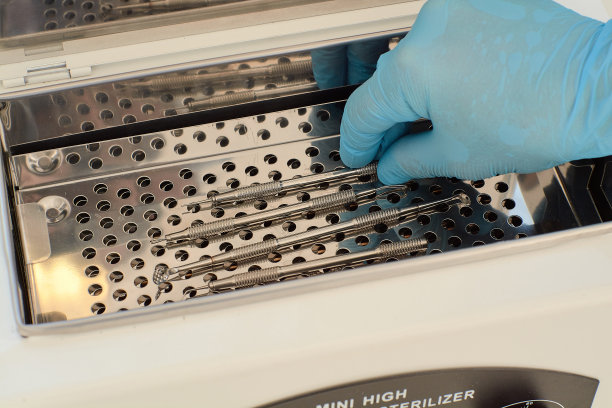Essential Safety Measures and Preemptive Steps to Consider Before Undergoing Root Canal Treatment
Summary: Root canal treatment, while often viewed with apprehension, is a necessary procedure to save an infected tooth. This article delves into essential safety measures and preemptive steps that patients should consider before getting this treatment. By understanding the risks, preparing adequately, communicating effectively with your dental professional, and following aftercare instructions, patients can enhance their overall experience and success of the root canal procedure. Each of these four areas is critical in ensuring a smooth process and promoting dental health.
1. Understanding the Importance of Safety Measures

Before undergoing a root canal, it is crucial to recognize the safety measures in place to protect patients. These measures include sterile environments, the use of modern technology, and the professional qualifications of the dental team. Ensuring that youre treated in a clean, controlled setting minimizes the risk of infections and complications.
Additionally, employing advanced technologies, such as digital imaging and chair-side monitors, can significantly enhance safety during treatment. These tools allow dentists to visualize the tooths structure accurately, which is vital for a successful procedure.
Finally, understanding the qualifications of your dental team is equally important. Patients should verify that their dentist is not only licensed but also specializes in endodontics. A highly skilled team will provide assurance of safe practices throughout the treatment.
2. Assessing Personal Health Conditions
Patients must consider their personal health history before undergoing a root canal. Pre-existing conditions, such as diabetes or heart disease, can affect healing and the procedure itself. Informing your dentist about any ongoing medications or medical conditions can help tailor the treatment for your specific needs.
Moreover, recognizing allergies, particularly to anesthesia or antibiotics, is critical. Discussing these concerns with your dentist ensures that alternative medications or methods can be used to avoid adverse reactions.
A comprehensive health assessment may lead to pre-treatment evaluations, including blood tests or consultations with other healthcare providers, to ensure that any potential risks are thoroughly addressed.
3. Effective Communication with Your Dentist
Open communication with your dentist is paramount. Patients should not hesitate to voice their fears, concerns, and expectations regarding the procedure. This exchange builds trust and ensures that the dentist can address specific anxieties, which may help in alleviating pre-treatment stress.
Moreover, poses questions about the entire treatment process, duration, and potential side effects. A well-informed patient is more likely to feel comfortable and secure about the procedure they are about to undergo.
It may also be beneficial to discuss anesthetic options. Understanding what will be used and how it will affect your experience can help ease anxiety and allows for a more personalized treatment plan.
4. Following Preemptive Aftercare Practices
Following preemptive aftercare practices is essential for a successful recovery period. Patients should adhere strictly to post-treatment guidelines provided by their dentist. These may include medication schedules, dietary restrictions, and instructions on maintaining oral hygiene.
Additionally, scheduling follow-up appointments ensures that the dentist can monitor healing and catch any issues early. Regular check-ins help to reinforce a positive healing environment and provide peace of mind to the patient.
Lastly, recognizing signs of infection or complications post-treatment, such as persistent pain or swelling, allows for prompt action. Timely intervention can prevent more severe issues and facilitate a swift recovery.
Summary:
In conclusion, understanding essential safety measures and preemptive steps before undergoing a root canal treatment is vital for ensuring a successful outcome. By assessing personal health conditions, effectively communicating with the dental team, and adhering to aftercare practices, patients can mitigate risks and promote a smoother recovery.
This article is compiled by Vickong Dental and the content is for reference only.



